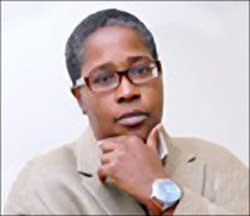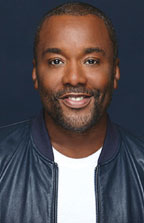

Submitted by Candace Y.A. Montague from Black AIDS Institute
First in a series about Black Americans engaged in leadership roles for the International AIDS Conference.
A. Toni Young is the founder and executive director of the Community Education Group in Washington, D.C. Since January she has served as moderator for the Road to AIDS 2012 national town hall meetings.
What do you believe needs to happen to end the HIV/AIDS epidemic in the United States?
I think we have to do a lot of things. It’s not going to be any one group or organization that makes the difference. I think we all have to admit that we have to change. Organizations that support PLWHA are, in effect, small businesses. That means that I, as a small-business owner, must make sure I have the resources to get the job done. I might have to work with new partners or change my business model—whatever it takes to make sure I meet the needs of the people who come to my organization on a daily basis
.
Why is the International AIDS Conference important?
It’s important on a scientific level because we need to learn about the breakthroughs taking place globally. And community activists can come together to learn what programs and projects are working around the world. The conference eliminates some of that U.S. snobbery. We see what we can learn from other countries.
What are you looking forward to at the conference?
I’m really looking forward to the opportunity for the District of Columbia to be able to shine. The District is turning around this epidemic, which is as difficult as turning around the Titanic in the middle of the Potomac. It has changed how it addresses HIV and conducts surveillance on the virus. Our academic institutions and community-based organizations have become more strategic in how they provide services. The conference itself is always something of great magnitude. I don’t think many people in the District are prepared for what is about to happen [because of it].
Why do you think it’s important for Black Americans to attend?
People seem to think of D.C. as Chocolate City, when it’s really like Chocolate Swirl. It’s not a predominantly Black city anymore; however, it’s important for African Americans in the District of Columbia to understand where this epidemic is centered. It exists in the African American community, both in the District and across the country. It’s not just your problem; it’s our problem. You can come to a conference like this and learn and see how to fix it.




Be the first to comment